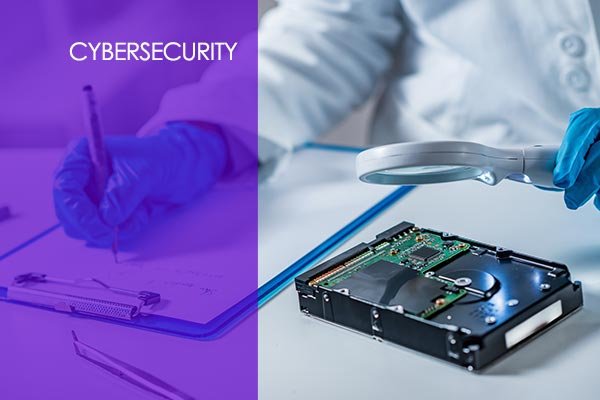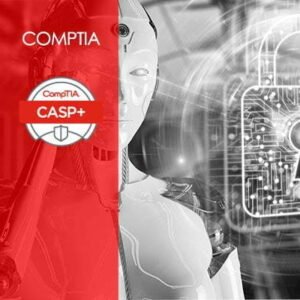The Computer Hacking Forensics Investigator (CHFI) course, also known as ECC 312-49, is a comprehensive training program designed to equip individuals with the knowledge and skills required to investigate and prevent computer-related crimes. This course focuses on digital forensics techniques and tools used to identify, collect, preserve, and analyze digital evidence in a legally admissible manner.
The CHFI course covers a wide range of topics related to computer hacking and forensic investigation. Participants will learn about various types of cybercrimes, including hacking, fraud, data breaches, and malware attacks. They will gain an understanding of the legal and ethical considerations involved in conducting forensic investigations.
Throughout the course, participants will explore different forensic investigation techniques and tools. They will learn how to use specialized software and hardware to extract and analyze digital evidence from various sources, such as computers, mobile devices, networks, and cloud environments. The course also covers topics like data recovery, steganography, cryptography, and incident response.
To enhance the learning experience, the CHFI course includes practical hands-on exercises and real-world scenarios. Participants will have the opportunity to work with forensic tools and perform forensic investigations on simulated case studies. These activities allow participants to apply their knowledge and develop practical skills in digital forensics.
By completing the CHFI course and passing the ECC 312-49 exam, individuals demonstrate their competence in computer hacking forensics investigation. This certification is highly valued in the field of cybersecurity and digital forensics. It opens up opportunities for career growth in roles such as digital forensic investigators, incident response analysts, cybersecurity consultants, and law enforcement professionals involved in cybercrime investigation.





Reviews
There are no reviews yet.